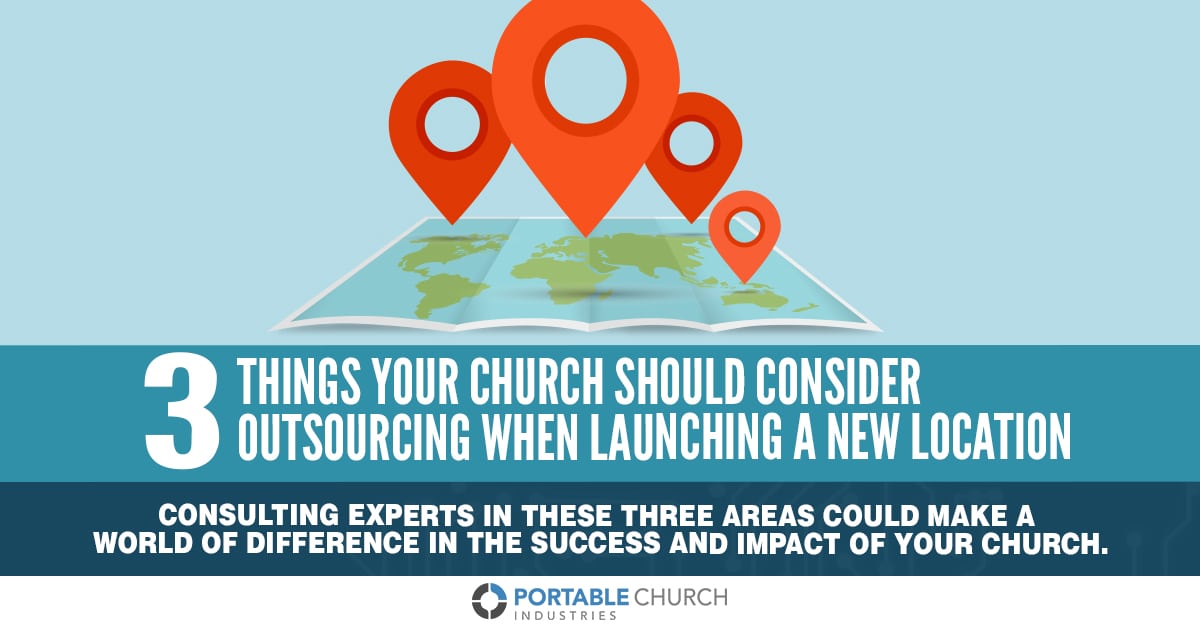Investigate The Compelling Transformation Of Catholic Institutions And Their Noteworthy Impact On Education-- Might Their Customs Open The Potential For Future Knowing?
Investigate The Compelling Transformation Of Catholic Institutions And Their Noteworthy Impact On Education-- Might Their Customs Open The Potential For Future Knowing?
Blog Article
Authored By-Medlin Bell
When you think about the background of education and learning, Catholic institutions stand out for their deep-rooted practices and long-term impact. https://www.stargazette.com/story/news/local/twin-tiers-roots/2021/03/15/life-brother-john-bedzyk-longtime-pastor-elmira-church/4652506001/ began as a way to infuse faith and values, however they've adjusted extremely over centuries. Today, they play a crucial role in shaping not just academic success however additionally moral integrity. What's interesting is just how they have actually managed to grow amidst transforming cultural landscapes, raising questions regarding their future significance and impact.
The Origins of Catholic Education And Learning: A Historical Viewpoint
Catholic education and learning traces its roots back over 1,500 years, when early Christian neighborhoods recognized the need for structured learning. You'll find that these communities intended to pass on their belief and values via education and learning.
Monasteries and sanctuary colleges ended up being facilities of knowing, supporting both spiritual and intellectual development. As you dig much deeper, you'll see that the curriculum commonly consisted of ideology, faith, and the liberal arts, created to form versatile people.
In time, the Church established much more official organizations, making sure that education continued to be obtainable to all. The commitment to training moral values and promoting a feeling of area has actually persisted via the centuries, forming the instructional landscape and influencing plenty of lives worldwide.
This enduring tradition remains to motivate Catholic education today.
The Evolution of Catholic Institutions Via Social Contexts
As societies developed, so did the duty of Catholic colleges, adjusting to the social contexts in which they existed. In the very early years, these organizations concentrated mostly on spiritual direction, but as areas branched out, they began to integrate regional languages, personalizeds, and educational requirements.
You would certainly notice that Catholic institutions usually became centers for social cohesion, promoting a sense of belonging among pupils from various backgrounds. In several areas, they attended to societal problems, such as destitution and discrimination, by offering accessible education and learning for all.
As you discover different societies, you'll see how Catholic colleges have changed their educational program and teaching methods, showing the values and challenges of their environments while remaining true to their fundamental mission of belief and academic excellence.
The Modern Function and Effect of Catholic Schools in Culture
In today's world, Catholic schools play a vital duty fit not just the academic landscape, yet also the broader area.
You'll locate that these organizations emphasize values like respect, empathy, and social justice, promoting well-shaped people that add positively to society. By concentrating on academic excellence and moral growth, Catholic colleges prepare pupils for future challenges, supporting critical thinking and leadership abilities.
They typically serve diverse populaces, linking spaces in access to quality education and learning. Furthermore, you could notice their dedication to service, urging trainees to participate in area outreach and volunteer work.
This mix of education and moral assistance makes Catholic colleges a substantial pressure, growing accountable residents who can influence their areas for the better.
Conclusion
In conclusion, Catholic colleges have an abundant background that's shaped their enduring impact on culture. mouse click the following web page have actually seen how they have actually adapted to numerous cultural contexts while maintaining a dedication to belief, worths, and scholastic excellence. Today, they continue to play an essential duty in promoting area, promoting social justice, and nurturing liable citizens. As you assess their heritage, it's clear that Catholic colleges continue to be a powerful pressure for positive adjustment worldwide.
